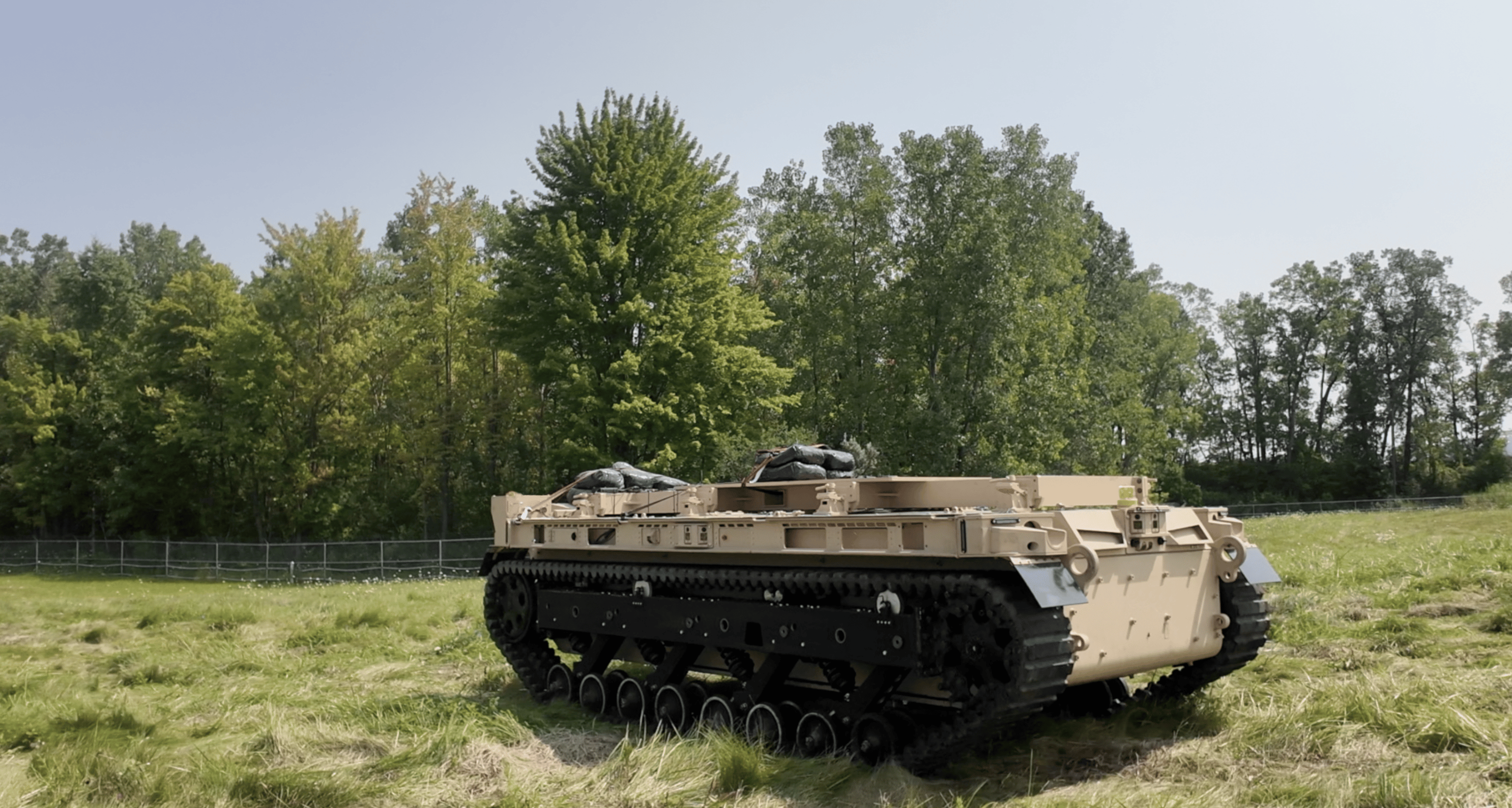ISO 1083 Fuel System Leak and Pressure Testing for Military Vehicles
The ISO 1083 fuel system leak and pressure testing is a critical procedure used to ensure the integrity of fuel systems in military vehicles. This test evaluates both the seal integrity and pressure-holding capabilities of fuel tanks, lines, and associated components under various operating conditions. The primary goal is to prevent leaks that could lead to operational failures or safety hazards. Military vehicles operate in harsh environments, subjecting their fuel systems to extreme temperatures, vibrations, and stress. Therefore, this testing ensures reliability and performance under these challenging conditions.
The ISO 1083 standard specifies the methods for conducting pressure tests on fuel system components and assemblies. It outlines procedures that simulate real-world operational scenarios, ensuring that the fuel system can withstand expected pressures without leakage. This standard is widely used in military vehicle design, allowing engineers to identify potential issues early in the development process.
To perform ISO 1083 testing effectively, it's essential to follow stringent protocols. Specimen preparation involves cleaning and drying the components before placing them into a pressure chamber. The test setup includes clamping the fuel system component or assembly securely inside the chamber and connecting it to a pressurizing device. Once connected, the system is slowly pressurized to specified levels, typically within a range that simulates operational conditions.
During testing, close monitoring ensures no leaks occur under pressure. Leaks are detected through visual observation, pressure drop measurement, or other diagnostic methods as outlined in ISO 1083. If leaks are discovered, the components must be repaired and retested until they meet all acceptance criteria. This process guarantees that only high-quality fuel systems pass muster.
Accurate reporting is crucial for maintaining compliance with military standards. Reports should document every aspect of the testing procedure, including pressure levels, temperature conditions, duration, and any anomalies observed during the test. Compliance officers and quality managers can use these detailed reports to make informed decisions about vehicle design improvements or production adjustments.
The ISO 1083 standard is not only applicable to ground vehicles but also extends its benefits to other military equipment using fuel systems such as helicopters, drones, and naval vessels. By ensuring the integrity of fuel systems early in the development phase, ISO 1083 testing supports operational readiness and mission success.
- Specimen Preparation: Cleaning and drying components before pressurization.
- Pressure Chamber Setup: Securely clamping components and connecting to a pressurizing device.
- Testing Procedure: Gradually applying pressure within specified ranges.
- Detection Methods: Visual observation, pressure drop measurement, or other diagnostic tools.
Why It Matters
The importance of ISO 1083 testing cannot be overstated in the context of military vehicle design and operations. Failure to adhere to these rigorous standards can lead to operational inefficiencies or even catastrophic failures, potentially endangering personnel and missions. By ensuring that fuel systems are leak-free and pressure-resistant, this testing contributes significantly to overall vehicle reliability.
In combat scenarios, a single breach in the fuel system could compromise an entire unit's operations. This is particularly true for ground vehicles where every second counts during critical missions. Ensuring that all fuel components meet ISO 1083 standards helps maintain operational readiness and minimizes downtime due to mechanical failures.
Moreover, compliance with these tests ensures interoperability across different military platforms. When multiple units rely on standardized systems like those specified in ISO 1083, they can operate seamlessly together without compatibility issues. This standardization enhances overall effectiveness during joint operations.
The rigorous nature of ISO 1083 testing also fosters continuous improvement within the industry. As new technologies and materials emerge, adhering to these standards encourages innovation while maintaining high levels of quality and reliability. Engineers can push boundaries safely knowing they are working towards internationally recognized benchmarks.
Eurolab Advantages
At Eurolab, we pride ourselves on providing comprehensive ISO 1083 fuel system leak and pressure testing services tailored specifically for military applications. Our state-of-the-art facilities offer the precision required to meet even the most stringent requirements set forth by this standard.
We employ highly trained technicians who are experts in performing these tests accurately and consistently. Our advanced equipment allows us to simulate a wide range of environmental conditions, ensuring that your fuel systems undergo realistic stress testing. This approach provides you with confidence that the results reflect actual field performance.
Our commitment to quality extends beyond just meeting standards; we go above and beyond by offering detailed reports that provide insights into every aspect of the test process. These comprehensive documents serve as valuable resources for ongoing improvements in design and manufacturing processes.
Eurolab’s expertise ensures that you receive reliable results promptly, allowing you to make timely decisions regarding production schedules or further development efforts. With our support, you can focus on other critical aspects of your projects while knowing that the integrity of your fuel systems is guaranteed through ISO 1083 testing.
Quality and Reliability Assurance
In addition to the core testing procedures outlined in ISO 1083, Eurolab also emphasizes quality assurance throughout every stage of the process. From initial consultation through final report delivery, we maintain strict adherence to best practices that ensure accuracy and consistency.
- Comprehensive Consultation: Initial discussions with clients to understand specific needs and expectations.
- Accurate Equipment Calibration: Regular calibration of all testing equipment ensures precise measurements.
- Stringent Quality Control: Continuous checks at various points during the test ensure no deviations from prescribed procedures.
- Detailed Reporting: Extensive documentation detailing every step taken and results achieved.
By integrating these quality assurance measures into our service offerings, Eurolab guarantees that each project receives thorough attention to detail. This dedication translates directly into enhanced confidence in the reliability of your fuel systems.





